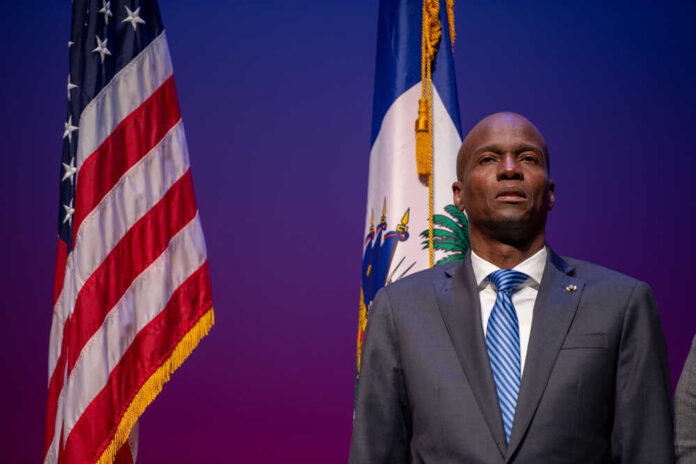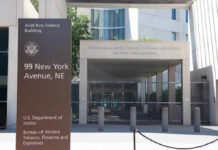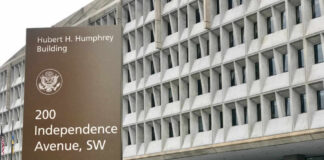
Four key suspects involved in the fatal shooting of Haitian President Jovenel Moïse have been transferred to the U.S. to face justice after prosecutors and local judges in Haiti received death threats that have left the case stagnant.
Four key suspects in the killing of Haitian President Jovenel Moïse were transferred to the U.S. for prosecution as the case stagnates in Haiti amid death threats that have spooked local judges, U.S. officials say. https://t.co/H1LVtgLCWx
— NBC News (@NBCNews) February 1, 2023
The four suspects are two Haitian-Americans, James Solages, 37, and Joseph Vincent, 57, who, according to the New York Post, were among the first set of people arrested for their involvement in the assassination. The other two suspects are Christian Emmanuel Sanon, an elderly pastor, and failed businessman, and Germán Rivera García, 44, a Colombian citizen.
Sanon, who authority identified as a key player in the assassination plot, has had his associates claim he was tricked into the plot by the main and still unidentified masterminds. García, on the other hand, is one of several Haitian soldiers charged in connection to the assassination.
Sanon is facing charges of conspiring to smuggle goods from the U.S. and providing unlawful export information to the perpetrators. According to court documents, Sanon shipped 20 ballistic vests to Haiti while disguising them as School supplies.
The U.S. filed criminal charges and took custody of four key suspects detained in connection with the 2021 assassination of Haitian President Jovenel Moïse https://t.co/mQjwGGI2aA
— The Wall Street Journal (@WSJ) February 1, 2023
According to The Post, the other three men are facing charges ranging from conspiring to commit murder or kidnapping outside the U.S. and providing material support and resources resulting in death. All four suspects are expected to appear before a federal court on Wednesday.
A total of seven suspects involved in the case are now in U.S. custody after the case was brought to a halt after several judges resigned for personal reasons or were dismissed.
According to AP News, Judge Mathieu Chanlatte, who was appointed to oversee the investigation, resigned less than a week after his appointment. Chanlatte did not elaborate on why he was resigning but sighted personal reasons. However, reports showed that the judge withdrew from the case one day after one of his assistants, identified as Ernst Lafortune, died under mysterious circumstances.
Court clerks investigating the case told the AP that they went into hiding after they received several death threats asking them to change some names and statements in their reports.
















